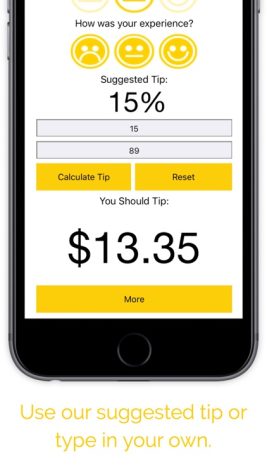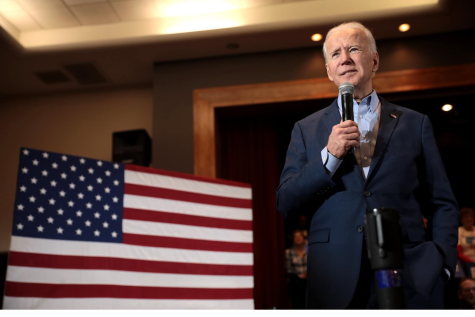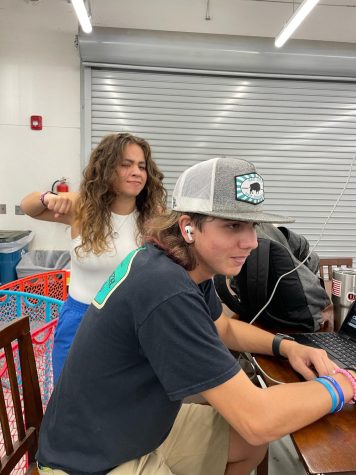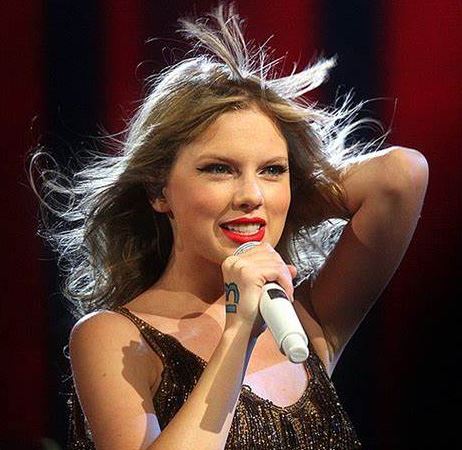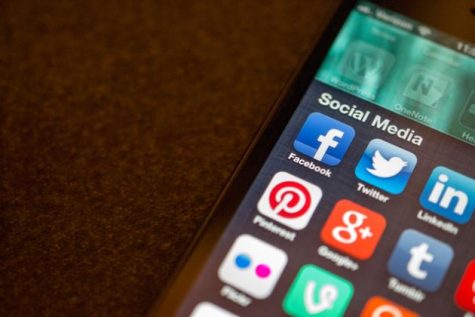NCAA Says No Pay
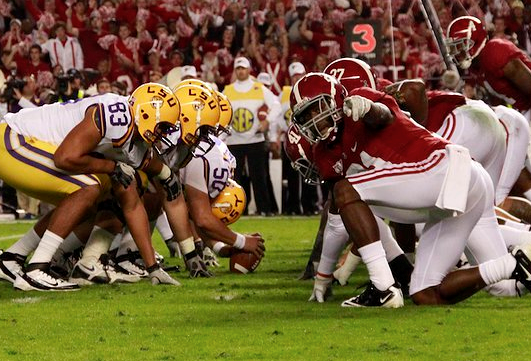
Viewed and loved by millions, college football generates billions of dollars each year, yet the stars of the scene don’t receive a single penny. The controversy on whether college football players should be paid has gone on for years and to this day the National Collegiate Athletic Association (NCAA) has gotten away with giving as little as they can to these young and hopeful athletes. The NCAA states that Division 1 football players are amateurs, not professionals, i.e. student athletes, not employees. Student athletes may spend up to 40 hours a week in intense practices. The NCAA restricts teams to 20 hours a week, yet there have been constant reports from athletes claiming they average at least 30 hours a week. Now to most, 40 hours a week of free labor would sound like absurd circumstances, so why is it an exception when it comes to collegiate athletes?
“One thing that sets the fundamental tone is there’s very few members and, virtually no university president that thinks it’s a good idea to convert student-athletes into paid employees. Literally into professionals, then you have something very different from collegiate athletics. One of the guiding principle has been that this is about students who play sports,” said NCAA president Mark Emmert.
Some argue that collegiate athletes are paid in tuition, however it’s questionable as to how helpful free college access is if you’re unable to put it to good use. Their scholarships cover all the core expenses of college, but fail to cover what it takes to actually attend school. Other expenses such as sufficient food, clothing, etc. are not covered by the school. These athletes have nowhere near enough time to maintain a job on top of school and practice, leaving their pockets very empty. The NCAA has strict rules barring schools or boosters from giving anything, such as cash, food, clothing, etc. These excessive rules lead many athletes to complain about going to bed hungry at night due to their inability to even afford food to compensate for all the calories they burn throughout the week. In September of 2015 the NCAA finally heard the cries of the players and allowed some schools to give cash stipends to players of about $2,000 to $5,000 a year to attempt to solve the problems such as insufficient food and other miniscule necessities. While this is a big step, it’s not yet enforced in all schools. Some smaller school are either uninterested or don’t quite have the funds to afford to do this, and in the big scheme of things this is still very far from adequate considering the income of the billion-dollar industry. People tend to forget that school is still of major importance to these athletes and it has not been viewed as such considering the NCAA’s loopholes in their own 20-hour limit rule creating a 30-40 hour average each week. These issues very clearly leave no time for studying or any reason for effort in education. On the bright side these issues are not going unnoticed. Multiple lawsuits have been made for these exact issues. In 2014 two former University of North Carolina student athletes filed lawsuits against the school due to deprivation of a “meaningful education.” These athletes are practically dedicating their lives to the sport each week in order to maintain their scholarship and to have a shot at going pro while receiving nothing in return. Everyone assumes it’s all fine in the long run when focusing on the lucky athletes that make it to the NFL with million dollar contracts. However, what about the ones that don’t? Athletes are spending all their time on the sport and have no time to take measures in guaranteeing themselves a safe backup plan. When done with their time in college if they don’t get drafted they have no safe haven and their time and effort has been exploited during one of the most crucial times of their life.
The NCAA allows College football bowl organizers to spend up to $550 on each participant of a school. This includes players, coaches, and administrators. Players jump with joy when they receive gifts such as iPads, game consoles, trips to suites, and more, as at least a sort of appreciation for their unending grind. Yet the NCAA never fails when it comes to restrictions, if an athlete were to accept any gifts, or even meals outside of the confines of the post-season, they would get barred from the field. The athletes aren’t, however, the top beneficiaries on the team, while they enjoy these seemingly impressive gifts their coaches receive hundred-thousand dollar bonuses. The gifts seem to lose their value in comparison. Until collegiate athletes in not only football, but other sports such as basketball as well, are recognized as a labor force and are paid in some proportion to the billions they create, the NCAA will continuously fight lawsuits and the high and rising tensions.

Sam Allen is currently a Junior at Freedom High School, and is enrolled in two AP classes, while the remainder of his schedule consists of honors classes....

